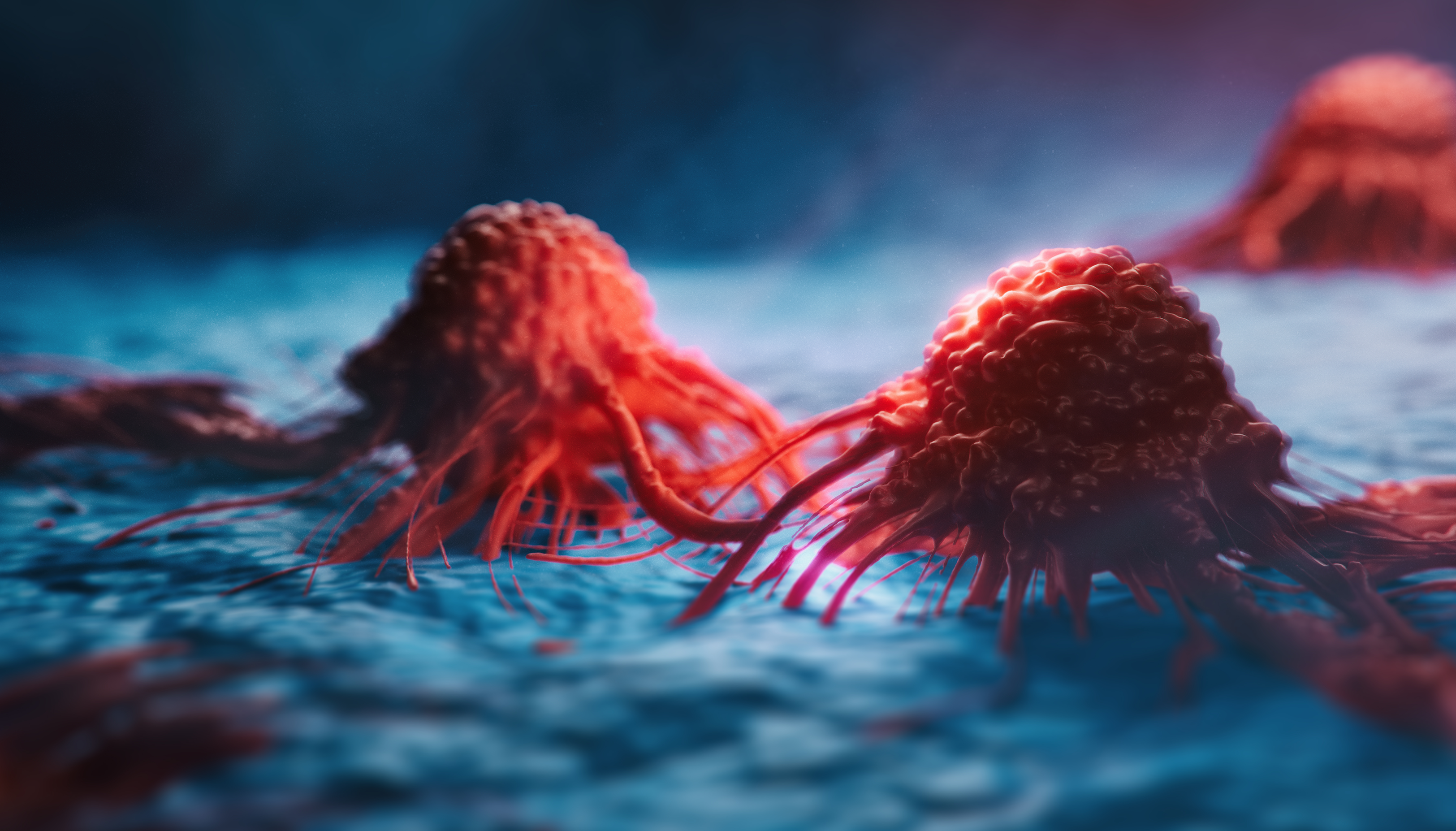By Regina Stracqualursi
According to the National Cancer Institute, every individual with cancer had a unique combination of genetic changes that led to the disease. For that reason, personalized and precise therapies have the potential to treat cancer more effectively. Researchers at Rensselaer Polytechnic Institute recently designed an innovative testing platform that may help make this possible.
“You can imagine somebody having cancer, and you quickly biopsy the tumor and then you use this biochip platform to identify very quickly — within a day or two — what specific treatment modality might be ideally suited against a particular cancer,” said Jonathan Dordick, Institute Professor of Chemical and Biological Engineering and leader of the research.
The platform, a two-piece plastic chip as small as a microscope slide, resembles an environment similar to the environment of a tumor cell. The research team — which includes Dordick; Seok-Joon Kwon (senior research scientist) and Sneha Gopal (a recently graduated Ph.D. student) from Rensselaer; and researchers from Konyang University and Medical & Bio Decision Company Ltd. (in South Korea) — hopes to gain insight into the behavior of tumor cells and natural killer cells (a type of white blood cell that attacks tumor cells) as well as discover how both types of cells react to antibodies or cancer drugs.
In initial testing, the researchers studied breast cancer and pancreatic cancer cells, various natural killer cells, a chemotherapy drug, and new monoclonal antibodies. “We see very significant differences between what happens within the slots of the chip in 3D spheroid cultures versus what would happen in a more traditional two-dimensional cell culture that’s often used in screenings,” said Dordick, who added that “the spheroid cultures more accurately mimic the tumor environment within the body.”
“At Rensselaer, we are providing a new angle to human health by developing new approaches at the intersection of engineering and life sciences to enhance cures for diseases such as cancer,” said Deepak Vashishth, director of the Center for Biotechnology and Interdisciplinary Studies. “This platform moves researchers closer to personalized medicine.”




